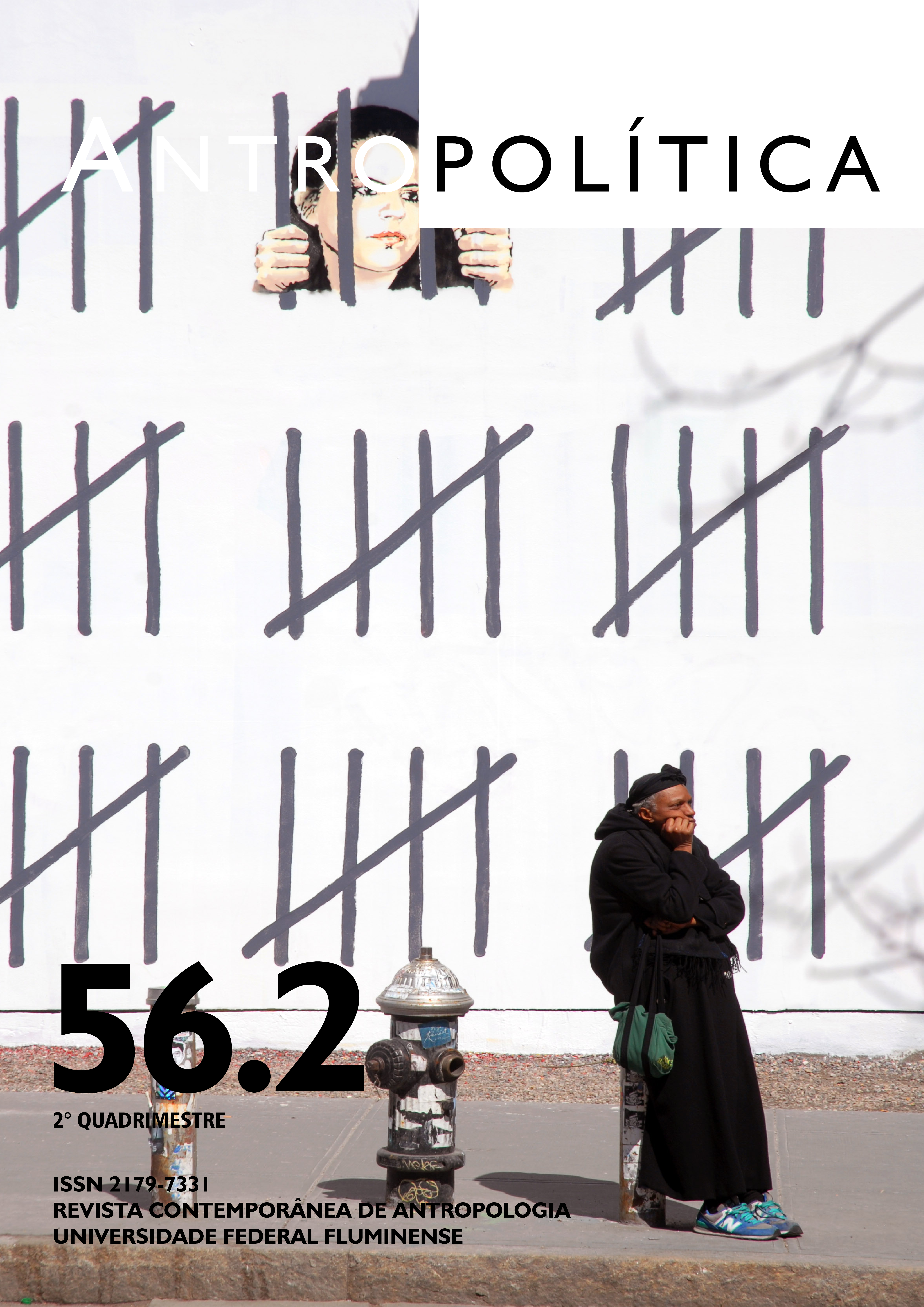National Identity, Cultural Heritage, and University Education: Exploring Folklore Formation
DOI:
https://doi.org/10.22409/antropolitica2024.v56.i2.a59713Keywords:
Culture, Heritage, Folklore, University of Buenos Aires, Anthropology.Abstract
The book Culture and National Heritage: Folklore Studies at the University of Buenos Aires, compiled by Dr. Alicia Martin, addresses the trajectory of Folklore education within the University of Buenos Aires. Organized into six chapters, the book analyzes different moments in the creation of the Bachelor’s Degree in Folklore, its incorporation in 1958 as a specialization within the Bachelor’s Degree in Anthropological Sciences, the inclusion of studies of Italian folklorists, and the professional work of the early folklore scholars who managed cultural heritage. It presents an innovative work that covers an issue not analyzed within the studies of the history of the folklore field, anthropology, and that which pertains to heritage public policy. Through an anthropological approach, which combines the analysis of archival material and interviews with former students and researchers from the analyzed state institutions, curriculum plans, subject programs and seminars, notes, biographies, historical documents from various institutions, books, magazines of the time, etc., the authors reflect on the place of culture, heritage policies, and the importance of Folklore studies in the university setting.
Downloads
References
INFANTINO, Julieta; MOREL, Hernán. El surgimiento del Folklore Aplicado. Entre la disciplina académica, la profesionalización y la gestión pública. In: MARTÍN, Alicia (comp.). Cultura y patrimonio nacional. Los estudios de Folklore en la Universidad de Buenos Aires. Buenos Aires: Eudeba, 2020. p. 85-116.
MARTÍN, Alicia (comp.). Cultura y patrimonio nacional. Los estudios de Folklore en la Universidad de Buenos Aires. Buenos Aires: Eudeba, 2020.
Published
How to Cite
Issue
Section
License
Copyright (c) 2024 Josefina Galuchi

This work is licensed under a Creative Commons Attribution 4.0 International License.
O conteúdo da revista Antropolítica, em sua totalidade, está licenciado sob uma Licença Creative Commons de atribuição CC-BY (http://creativecommons.org/licenses/by/4.0/deed.pt).
De acordo com a licença os seguintes direitos são concedidos:
- Compartilhar – copiar e redistribuir o material em qualquer suporte ou formato;
- Adaptar – remixar, transformar, e criar a partir do material para qualquer fim, mesmo que comercial;
- O licenciante não pode revogar estes direitos desde que você respeite os termos da licença.
De acordo com os termos seguintes:
- Atribuição – Você deve informar o crédito adequado, fornecer um link para a licença e indicar se alterações foram feitas. Você deve fazê-lo em qualquer maneira razoável, mas de modo algo que sugira que o licenciante o apoia ou aprova seu uso;
- Sem restrições adicionais — Você não pode aplicar termos jurídicos ou medidas de caráter tecnológico que restrinjam legalmente outros de fazerem algo que a licença permita.


